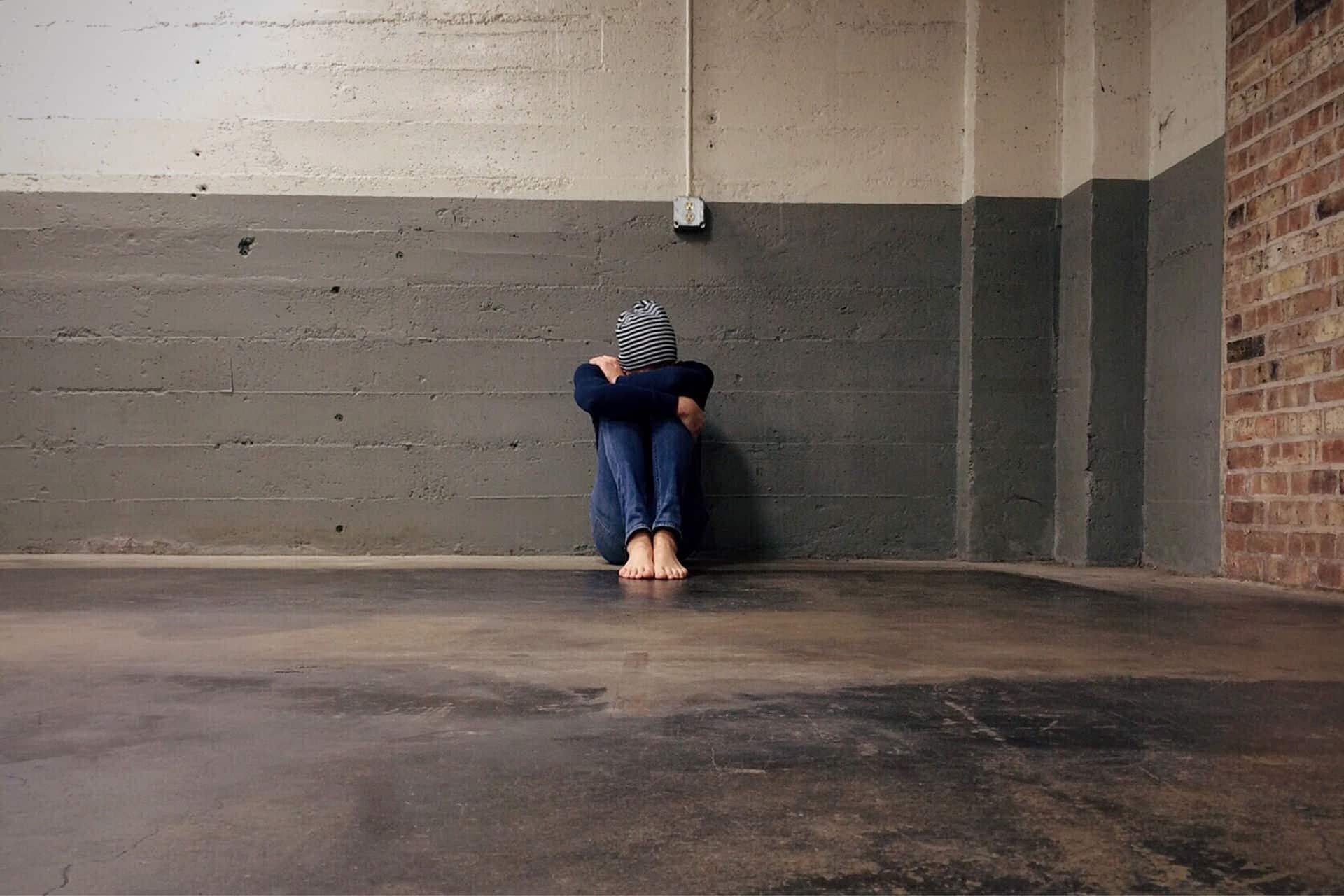Contact Orlando Treatment Solutions
For any other questions please call us or fill out the contact us form. We're here to help you at Orlando Treatment Solutions.
Contact Us Call Now (321) 415-3213Popular Post
Quitting alcohol is an important step toward a better life. This trip, while difficult, may be aided by the correct techniques and a grasp of the advantages. We share ideas on how to stop drinking and highlight the advantages of stopping alcohol.
Understanding Your Drinking Habits
Quitting alcohol requires you to take the first step and recognize your drinking patterns. Identify the factors that drive you to drink alcohol and what role it plays in your life. This self-awareness of yours is important in developing a plan to quit drinking.
What is Alcohol Addiction
Alcohol addiction, commonly known as alcoholism or alcohol use disorder (AUD), is a chronic relapsing brain illness marked by compulsive alcohol consumption, lack of control over alcohol intake, and a negative emotional state when not consuming. It is classified as a complicated disorder that includes both physical and psychological reliance on alcohol.
Signs of Alcohol Addiction
Recognizing the symptoms of alcohol addiction, also known as alcoholism or alcohol use disorder. Here are some common signs and symptoms to be aware of:

Withdrawal symptoms: When alcohol consumption is reduced or stopped suddenly, individuals may experience withdrawal symptoms such as tremors, sweating, nausea, anxiety, irritability, and even seizures.
Loss of control: A major symptom of alcohol addiction is the inability to control alcohol consumption despite negative consequences.
Preoccupation with alcohol: People who struggle with alcohol addiction often spend a lot of time thinking about alcohol, planning when and where to drink, and prioritizing alcohol over other responsibilities and activities.
Neglect of responsibilities: Alcohol addiction can lead to neglect of important obligations such as work, school, office, or family responsibilities. Alcohol abuse may cause individuals to perform poorly at work or school, or neglect the needs of their families.
Hiding or hiding alcohol: Some individuals with alcohol addiction may hide their drinking habits from others or go to great lengths to conceal the amount of their alcohol consumption.
Mood swings: Alcohol addiction can contribute to mood swings, irritability, and unpredictable behavior. Individuals may experience intense mood fluctuations depending on the level of alcohol consumed.
Implementing Healthy Choices
Instead of consuming alcohol, try engaging in activities like exercise, hobbies, or spending time with loved ones. These hobbies can help you avoid alcohol and also provide you with energy.
How To Quit Drinking Alcohol on Your Own
Quitting drinking is a process, and taking it gradually can be beneficial. The route to sobriety may differ for each individual, however, the following helpful recommendations might help you stop drinking:
- Write down the reasons you wish to stop drinking. Listing the benefits for your body, mental health, finances, relationships, and other aspects of your life will help you stay motivated.
- Consider your present relationship with drinking. Consider why you drink, such as for social reasons or to cope with stress, as well as how much you drink. Keeping note of how much, how often, and how you feel after drinking might be very beneficial.
- Consider if you want to reduce your alcohol use or quit totally. Consult your doctor to determine what makes the most sense for you right now. Think about your habits. Can you quit drinking after you’ve started? Consider taking days off from drinking or pacing yourself by not consuming more than one alcoholic beverage in one hour.
- Remove the booze from the house. When alcohol is not easily available, it is much easier to reduce or discontinue drinking entirely.
- Schedule time for self-care. Make sure you take care of yourself by getting enough sleep, eating well, exercising, and meditating. These behaviors provide healthier alternatives to drinking.
Please reach out for help. Encouragement from friends and family might help you stick to your decision and deal with challenging conditions.
Tips to Stop Drinking and Quit Alcohol
Quitting alcohol can be challenging, but it’s achievable. Here are some tips to help you on your journey:
Identify your triggers: Recognize situations, emotions, or people that make you crave a drink. Avoid these triggers if possible, or have a plan to deal with them healthily.
Make a plan: Decide on a quit date and stick to it. Let supportive people know about your decision and ask them to help you avoid temptations.
Remove alcohol from your environment: Don’t keep alcohol at home or around you. This will reduce temptation, especially during cravings.
Find healthy substitutes: Craving a drink? Have a refreshing drink like water, sparkling water with fruit, or herbal tea.
Stay busy: Fill your free time with activities you enjoy that don’t involve alcohol. This could be exercise, hobbies, spending time with loved ones, or trying something new.
Practice saying no: Develop a polite but firm way to decline drinks when offered. A simple “No thanks, I’m not drinking” is perfectly acceptable.
Seek support: Talk to a doctor or therapist about your decision to quit. There are also support groups available to help you connect with others on a similar journey.
Reward yourself: Celebrate your milestones! Acknowledge your progress and reward yourself for staying on track.
Remember, quitting alcohol is a process. There may be setbacks along the way. Don’t get discouraged, just pick yourself up and recommit to your goals. You can do this!
Here are some resources that can help:
National Institute on Alcohol Abuse and Alcoholism (https://www.niaaa.nih.gov/)
Alcoholics Anonymous (https://www.aa.org/)
What Happens to Your Body After You Stop Drinking Alcohol?
While alcohol is recognized to be harmful to both physical and mental health, stopping may lessen or reverse some of the negative consequences. Sobriety can also have significant long-term effects on your health, such as:
The majority of cognitive impairment may be improved or reversed, including memory, planning, organization, behavior control, and response time.
- Lower the blood pressure.
- Maintaining a healthy body weight.
- Possible regeneration of injured liver cells.
- Reduced insulin resistance.
- Each year of abstinence reduces one’s chance of developing cancer.
Benefits of Quitting Alcohol
Deciding to quit alcohol can bring a wealth of positive changes to your life, both physically and mentally. Here’s a glimpse into some of the benefits you might experience:
Better Health: Alcohol has a bad impact on your health. Quitting can boost liver function, sleep quality, and immune system strength.
Better mental health: Alcohol might exacerbate mental health issues. If you not drinking can improve happiness, positive thinking, and mental wellness.
Financial savings: Daily and weekly drinking costs may rise. Stop drinking can help you save money.
Better connections: Alcohol causes friction in family ties. Quitting can help you have better connections with your loved ones.
It’s crucial to note that alcoholism is a complicated and diverse disorder, and not everyone will experience all of these symptoms. However, if you or someone you love is battling alcoholism, you must get treatment from a healthcare professional or addiction expert to begin the recovery process.
Seeking Professional Help.
Quitting alcohol can be challenging, but expert help and advice make it easier. You can get help and guidance from therapists and support organizations.

Finding Alcohol Rehab Treatment Program
If you are unable to quit on your own or have withdrawal symptoms when you stop drinking, attending an alcohol rehab program may be the best option for you. Contact Orlando Treatment Solutions in Orlando, Florida, or call us at (321) 415-3213 today.
Contact Us
CALL US NOW
Orlando Treatment Solutions will iron out the details for you in a manner that will make you confident in your path to sobriety. That first simple call is your ticket to making Orlando Treatment Solutions your solution for addiction. Get the freedom from addiction that you deserve today.
Call us now on (321) 415-3213Updated News
LATEST POSTS
Orlando Treatment Solutions makes numerous media outlets available to encourage you in your recovery process. Digital media literature is approved by a licensed professional and intended to guide you in your recovery path.

Years of experience
Our leadership team has extensive experience in dual-diagnosis treatment and is ready to help those who are struggling with substance use and mental health.

Specialists
Our staff consists of many licensed addiction and mental health treatment facilitators and other staff who are ready to share their experience and their success.

Happy patients
Orlando Treatment Solutions has helped over 2,000 people who have struggled with substance use (alcohol and drug addiction) and mental health find freedom.
Contact Us
GET IN TOUCH
Reaching out to Orlando Treatment Solutions may be the most important call of your recovery process. A caring professional is waiting for your call to be your guide to addiction-free living.
Need Help? Contact Us
Areas and Cities We Serve SUD & Mental Health Treatments in Florida
Oviedo Deland Palm Coast Jacksonville Port St. Lucie Tampa Altamonte Springs Kissimmee St Cloud Winter Garden Winter Park Clermont Melbourne Sanford Deltona Lake Mary Mount Dora Leesburg The Villages Union Park St. Augustine Dupont Port Orange Ormond Beach Holly Hill Daytona Beach Edgewater Oak Hill Maytown Eldora Geneva Titusville Christmas Port St. John Port Canaveral Cocoa Beach Osteen Satellite Beach Palm Bay Roseland Sebastian Fellsmere Gifford Rockledge
 info@shc.health
info@shc.health 




